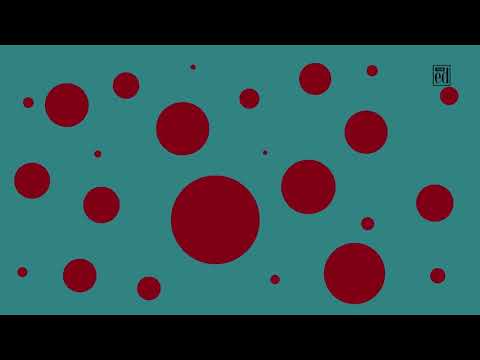Australia's Flinders University, on August 1, declared Maldives to be one of the countries most polluted by microplastics, on the planet.
Microplastics refer to plastic particles measuring less than five millimetres and are now globally recognized as a pollutant of increasing concern.
The research, published in the peer-reviewed journal 'Science of the Total Environment', stated that microplastics were found across all 22 sampling sites off the coast and on Naifaru, Lhaviyani Atoll.
According to Phys.org, the concentration of microplastics found on Naifaru in the Maldives, which consists of 55 to 1127.5 particles per kg, was greater than a highly populated site at Tamil Nadu, India, which ranged from 3 to 611 particles per kg.
Researchers further found that the particle concentration was similar to those found on inhabited and uninhabited islands across the Maldivian archipelago, which was recorded at roughly 197 to 822 particles per kg,
"Our findings show microplastics are ubiquitous in marine sediments around a remote coral island, at sizes ingestible by marine organisms, raising concerns about potential effects of microplastic ingestion by coral reef species", said the researchers,
A majority of the microplastics found in the study were less than 0.4mm in width.
The high levels of plastic pollutants were attributed to oceanic currents, as well as poor regulatory frameworks for waste management, and land reclamation policies.
Professor Karen Burke Da Silva said that the notorious 'rubbish islands' used as landfill sites were contributing to the high concentration of microplastic found around the island, further noting that Maldives' waste management practices are unable to meet the demands of population growth and subsequent pace of development.
"The small island nation encounters several challenges regarding waste management systems and has seen a 58 percent increase of waste generated per capita on local islands in the last decade," said the Professor.
Other recent studies have similarly demonstrated that high levels of microplastics accumulate in the Indian Ocean.
For a follow-up study, researchers have begun looking into the stomach content of coral reef fish to determine whether microplastics are present inside the fish.
Maldives' newly ratified Import-Export Act, stipulates that starting from 2021, the entry of any goods classed as 'single-use-plastics' by President Ibrahim Mohamed Solih, will be prohibited.
The planet's fluctuating climate and increasingly severe effects wrought to the island nation has been a frequent topic of discussion among leaders over the past year, although it is yet to translate into active policy.
Recently, on June 4, researchers from Yale and Columbia Universities ranked Maldives in the 127th position on the global Environmental Performance Index (EPI), weighed against a total of 180 countries that were all assessed based on environmental health and vitality of their ecosystems.
According to the evaluation, the most immediate issue for the island nation to address is ‘Biodiversity and Habitat’ preservation - in which the island nation is ranked last, at 180. Per EPI data, the country has not managed to retain natural ecosystems and protect the full range of biodiversity within its borders, to a satisfactory level.
The issue of microplastics is one that has been raised by numerous local NGOs, on various platforms, though it has failed to incur any policy action.
Save The Beach Maldives, in particular, is continually vocal on the negative effects of microplastics both in terms of suffocating the reef bed, as well as with regards to dangers posed to marine life that consume.
Once these microplastics enter the food chain, the greatest risk is faced by the very humans that pollute the ocean. Considering the vast amount of reef and deep-sea fish consumed by a majority of Maldivians, whose diet is culturally fairly seafood-dependant and often involves consumption of internal organs, the NGO argues that the matter is one of grave concern.
Given that the archipelago's healthy and vibrant oceanscapes are the main selling point of Maldives' tourism industry and its largest source of foreign receipts by far, advocates like the Save Maldives campaign have also raised relevant economic concerns and continue to urge decision-makers to match their many conservation and sustainability pledges with visible and urgent action.
